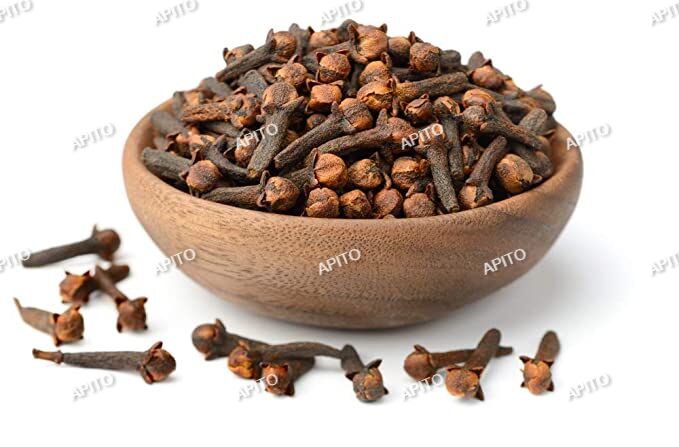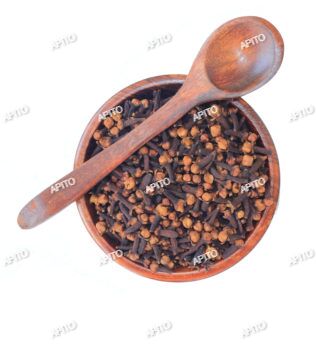Company Information
Ask for more detail from the seller
Contact SupplierClove, scientifically known as Syzygium aromaticum, is a popular aromatic spice that is widely used in cooking, medicine, and traditional remedies. It is native to the Maluku Islands in Indonesia but is now cultivated in various regions across the world, including India, Sri Lanka, Madagascar, and Tanzania. Clove is derived from the dried flower buds of the clove tree, an evergreen tree that can grow up to 12 meters in height. The buds are harvested before they fully open and then dried, which gives them their characteristic brown color. Cloves are known for their strong, pungent aroma and distinctive flavor. In culinary applications, cloves are used as a spice to enhance the flavor of both sweet and savory dishes. They are commonly used in baking, especially for adding warmth and depth to gingerbread, pumpkin pie, and other desserts. Cloves are also popular in savory recipes such as stews, curries, and marinades, where they contribute a rich, slightly sweet and spicy taste. Besides its culinary uses, cloves have been used for centuries in traditional medicine due to their potential health benefits. They are known to contain several bioactive compounds, including eugenol, which has antioxidant, anti-inflammatory, and analgesic properties. Cloves have been used to alleviate dental pain, soothe sore throats, aid digestion, and provide relief from respiratory conditions like coughs and colds. Clove oil, extracted from the buds, is also widely used for its medicinal properties. It is often applied topically to relieve toothaches and treat minor skin infections. Additionally, clove oil is used in aromatherapy for its calming and soothing effects. It's worth noting that while cloves offer potential health benefits, they should be consumed in moderation. The high concentration of certain compounds in cloves, particularly eugenol, can cause adverse effects if consumed in excessive amounts. In conclusion, cloves are a versatile spice that adds a distinct flavor and aroma to various dishes. They have a long history of use in traditional medicine and offer potential health benefits. Whether used in culinary creations or for their medicinal properties, cloves continue to be valued for their unique and enticing qualities. USES Clove has a wide range of uses, including culinary, medicinal, and even non-food applications. Here are some common uses of cloves: Culinary Uses: Cloves are used as a spice to enhance the flavor of both sweet and savory dishes. They can be used whole or ground, and their warm, aromatic flavor adds depth to various recipes. Some common culinary uses of cloves include: Baking: Cloves are often used in baking, especially in gingerbread, pumpkin pie, fruitcakes, and other desserts. Spiced Drinks: Cloves are a popular ingredient in mulled , spiced cider, chai tea, and other warm, aromatic beverages. Meat and Savory Dishes: Cloves are used in marinades, spice rubs, stews, curries, and pickling. Medicinal Uses: Cloves have been used for centuries in traditional medicine for their potential health benefits. Some of the medicinal uses of cloves include: Dental Health: Clove oil is often used for its analgesic and antiseptic properties to relieve toothaches and treat dental issues. Digestive Aid: Cloves can help improve digestion by stimulating the production of digestive enzymes. Respiratory Support: Cloves have been used to soothe coughs, relieve congestion, and treat respiratory conditions like bronchitis and asthma. Anti-inflammatory and Analgesic Properties: Clove oil can be used topically to relieve pain and reduce inflammation. Non-Food Uses: Cloves have applications beyond culinary and medicinal uses. Some non-food uses of cloves include: Aromatherapy: Clove oil is used in aromatherapy for its calming and soothing effects. It is often included in massage oils, diffusers, and scented candles. Insect Repellent: The strong aroma of cloves can act as a natural insect repellent.




